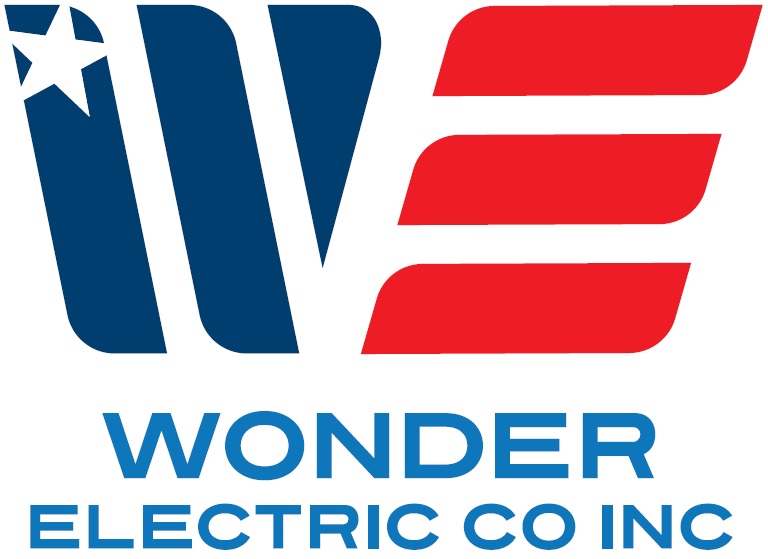Understanding Title 24: Promoting Energy Efficiency and Sustainability in Building Design
In today’s world, where issues such as climate change and sustainability are at the forefront of global concerns, it is essential to prioritize energy efficiency in building design. Title 24, a set of energy standards developed by the California Energy Commission (CEC), plays a significant role in promoting sustainable and energy-efficient practices in the construction industry. In this blog post, we will explore what Title 24 entails and how it contributes to the overall goal of creating more sustainable and environmentally friendly buildings.
1. The Purpose of Title 24:
Title 24 sets out the requirements for energy efficiency and sustainability in the construction and renovation of both residential and commercial buildings in California. The primary goal of Title 24 is to reduce energy consumption, greenhouse gas emissions, and reliance on non-renewable energy sources. By establishing these guidelines, the CEC aims to create a more sustainable future while also lowering energy bills for building owners and occupants.
2. Key Components of Title 24:
Title 24 encompasses various aspects of building design and operation. These include energy efficiency standards for lighting, heating, ventilation, air conditioning (HVAC), insulation, and appliance efficiency. It also includes requirements for building envelope insulation, cool roofs, and photovoltaic systems. All these elements work together to reduce energy consumption, optimize indoor environmental quality, and promote sustainable practices.
3. Lighting Efficiency:
Energy-efficient lighting is a crucial aspect of Title 24. The standards emphasize the use of high-efficiency lighting technologies, such as light-emitting diodes (LEDs). These lighting systems consume significantly less energy than traditional incandescent bulbs and have a longer lifespan. Title 24 requires the installation of controls and sensors that enable optimized lighting levels based on occupancy and daylight availability, further reducing energy waste.
4. HVAC Efficiency:
Heating, ventilation, and air conditioning (HVAC) systems are major consumers of energy in buildings. Title 24 mandates the use of efficient HVAC equipment, including high-performance fans, motors, and heat exchangers. Additionally, it requires proper insulation, sealing, and regular maintenance to minimize energy losses. By optimizing HVAC efficiency, buildings can reduce energy consumption while ensuring a comfortable indoor environment for occupants.
5. Building Envelope and Insulation:
The building envelope, which includes walls, roofs, windows, and doors, plays a critical role in maintaining optimum indoor temperature and reducing energy losses. Title 24 specifies insulation requirements for each component of the building envelope, ensuring that heat transfer is minimized. It also promotes the use of cool roofs, which reflect sunlight and reduce the need for air conditioning. By improving the building envelope’s efficiency, energy consumption is reduced while creating a more comfortable indoor environment.
6. Photovoltaic (PV) Systems:
Title 24 encourages the integration of solar photovoltaic (PV) systems in building design. Installing PV systems can help generate renewable energy on-site, reducing reliance on the grid and lowering greenhouse gas emissions. The standards outline requirements for PV system capacity, location, and interconnection, promoting the widespread adoption of this clean energy source.
7. Compliance and Certification:
Compliance with Title 24 is mandatory for new construction and renovation projects in California. To ensure adherence to the standards, the CEC requires building owners to submit documentation and obtain a certificate of compliance. This certification process ensures that buildings meet the energy efficiency and sustainability requirements of Title 24. It also provides an opportunity for building owners to showcase their commitment to environmental stewardship and sustainability.
Conclusion:
Title 24 is a crucial tool in promoting energy efficiency and sustainability in building design. By setting out guidelines for lighting efficiency, HVAC systems, building envelope insulation, and the integration of photovoltaic systems, Title 24 helps create more sustainable buildings while reducing energy consumption and greenhouse gas emissions. Compliance with these standards not only benefits the environment but also lowers energy bills for building owners and creates healthier and more comfortable spaces for occupants. As the need for sustainable practices becomes increasingly apparent, understanding and embracing Title 24 is vital for the future of building design and construction.
Got Questions? Let Us Help!
Wonder Electric Co, Inc. has been serving the Twentynine Palms community since 1974. We have established ourselves as efficient and reliable in all our jobs and maintain the highest quality work. We offer all kinds of electric work like re-wiring, remodels, indoor and outdoor lighting, and even solar system installation and maintenance. We offer 24-hour emergency service and all our electrical journeymen are certified. Call us next time you need anything electric!
